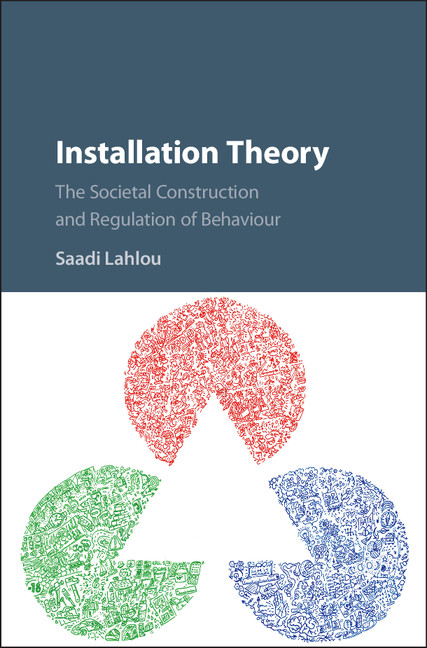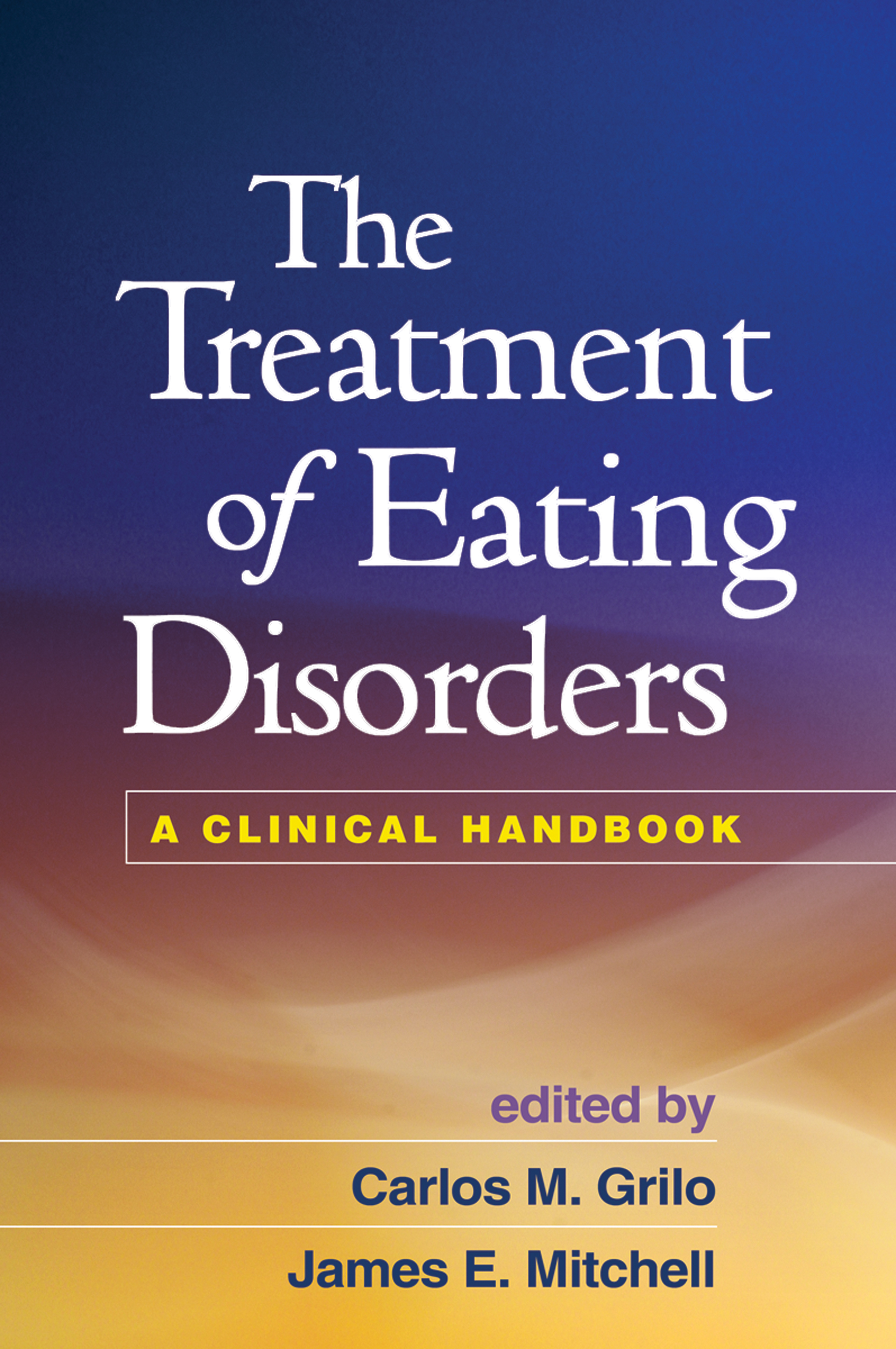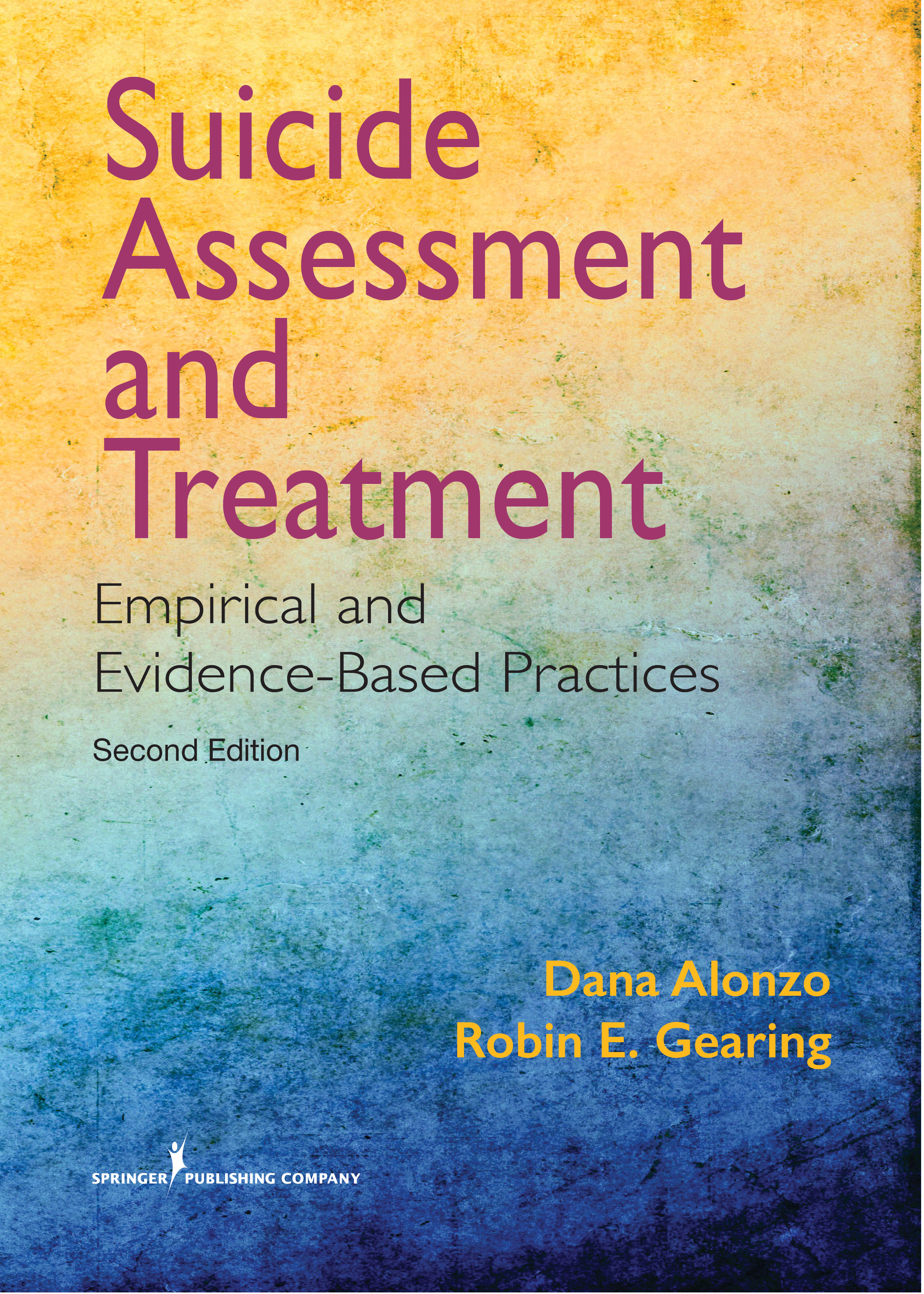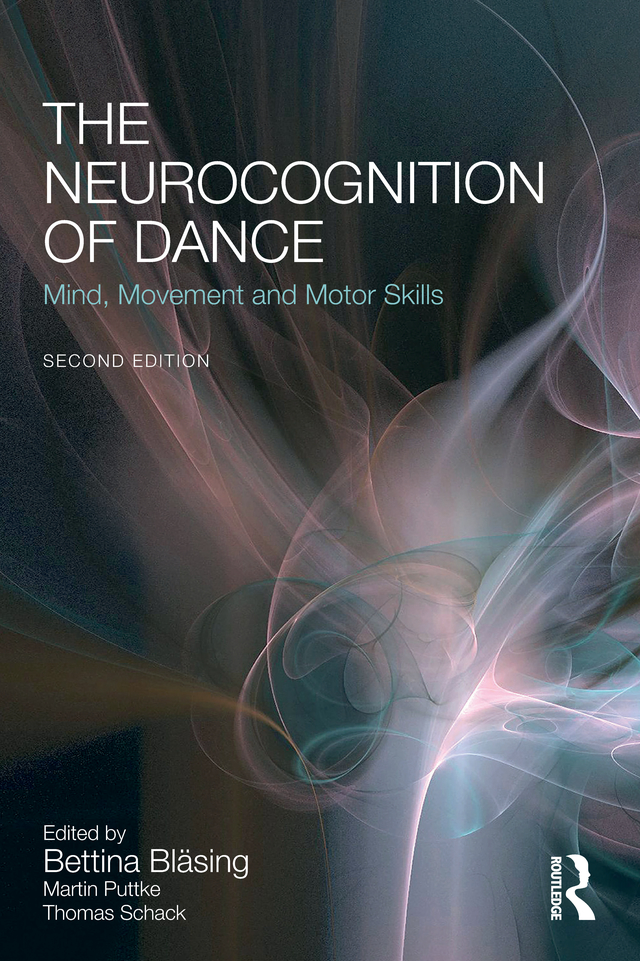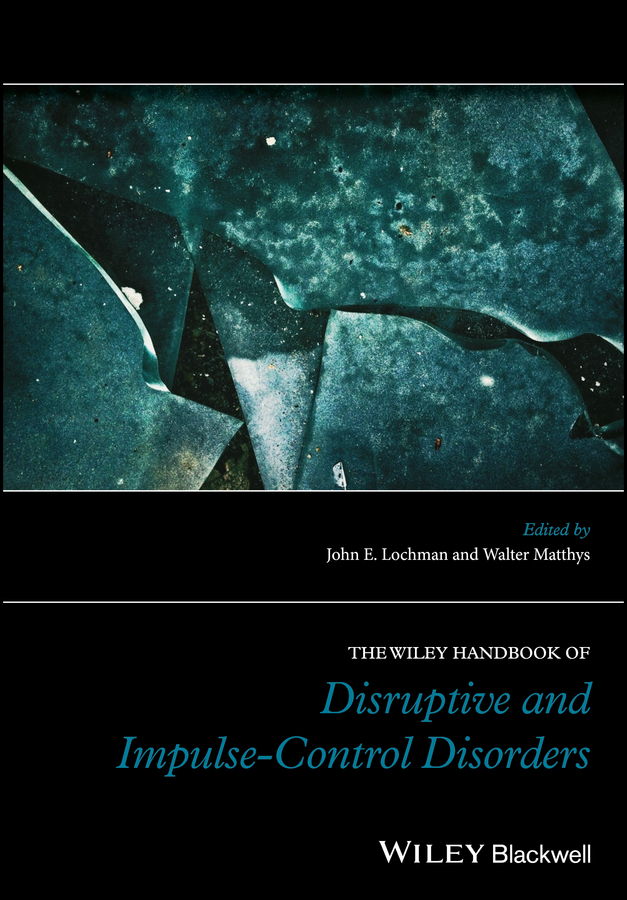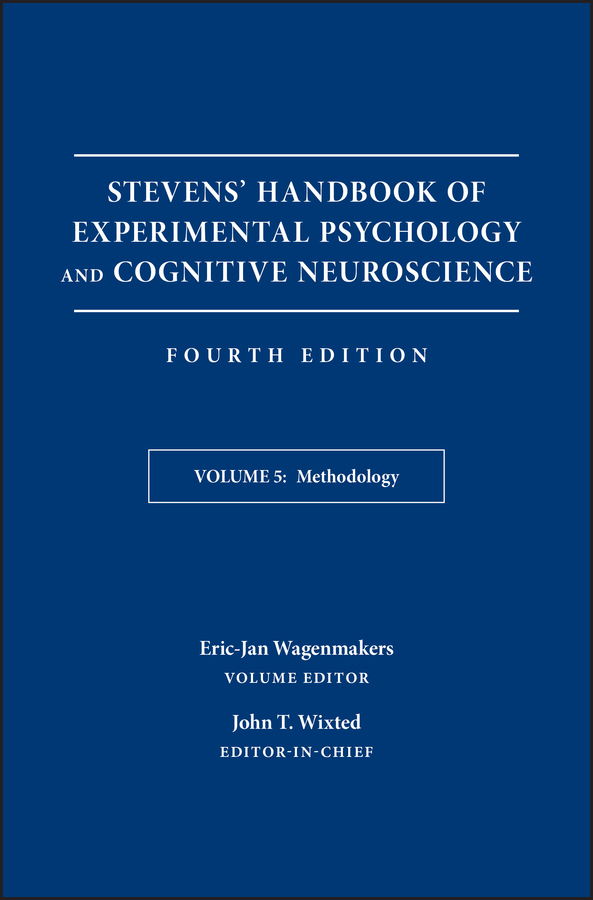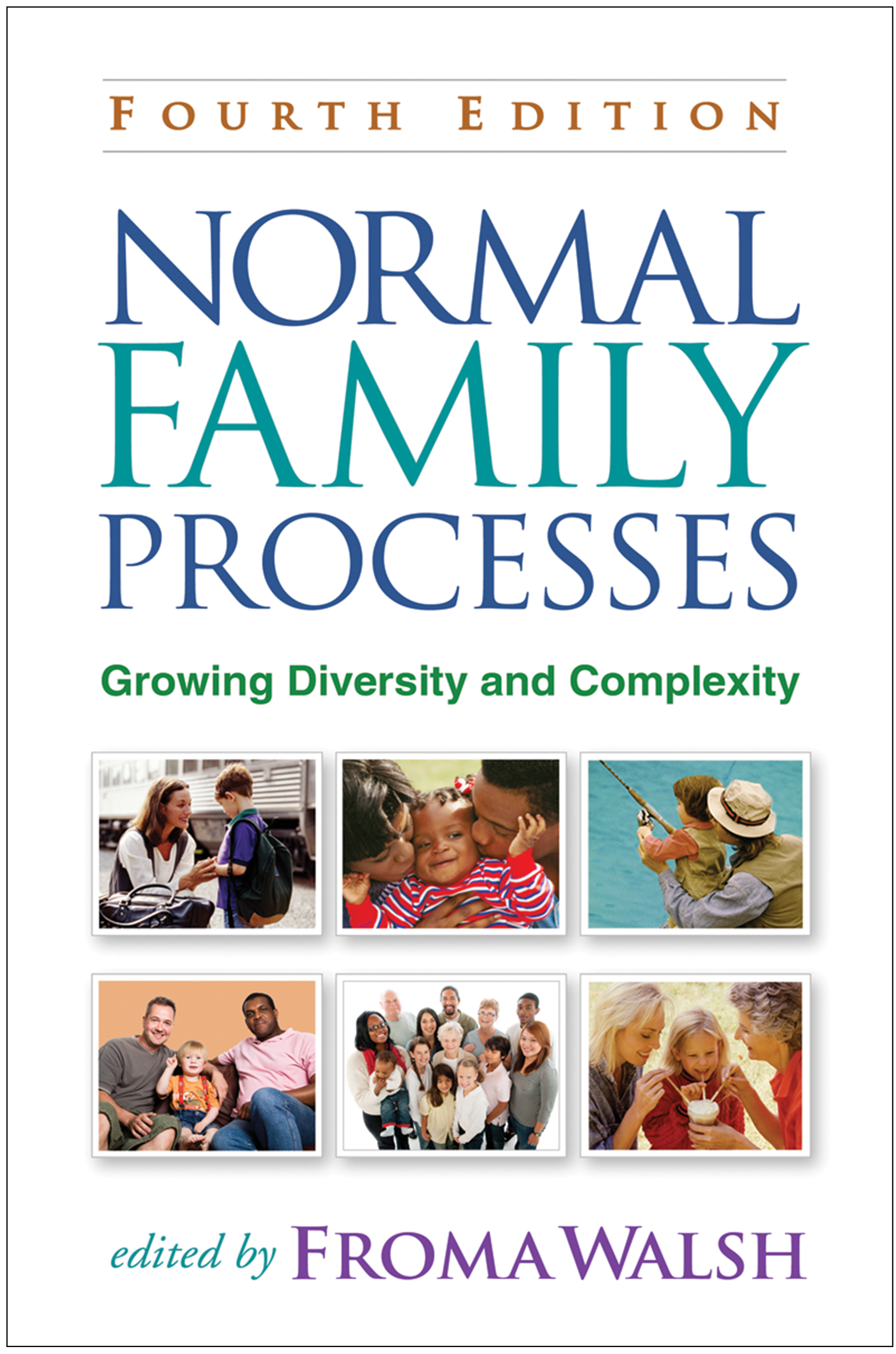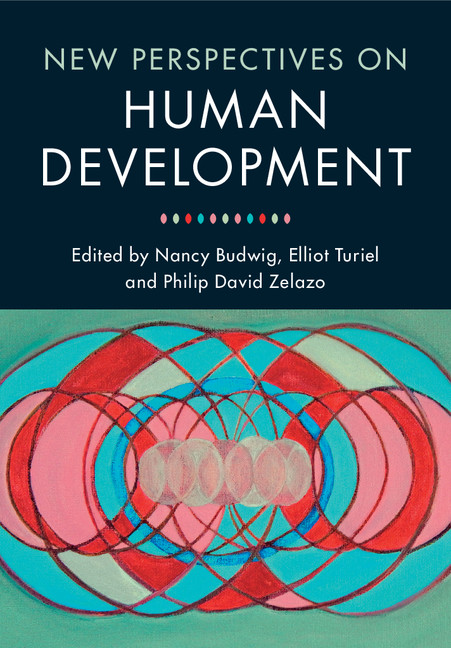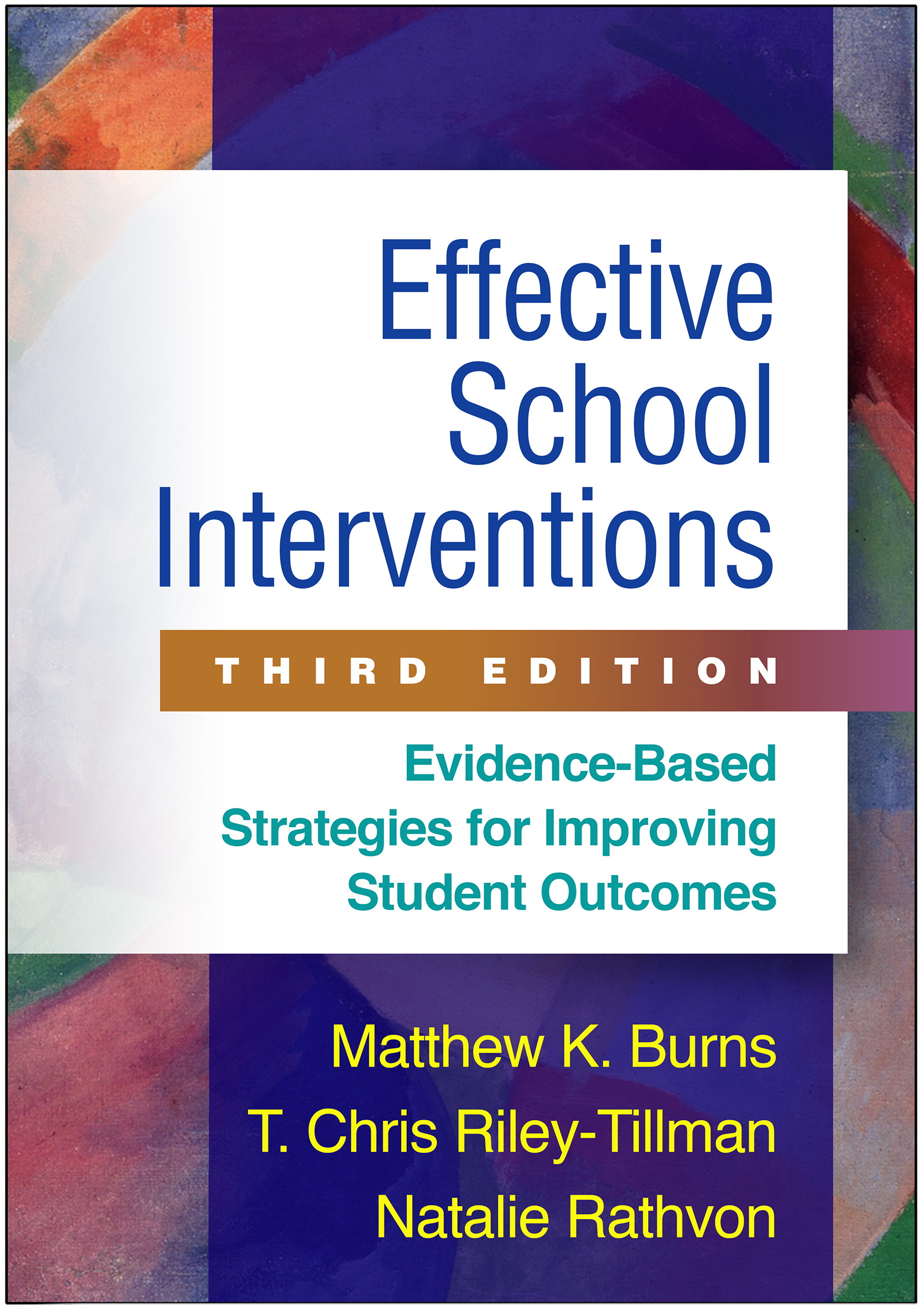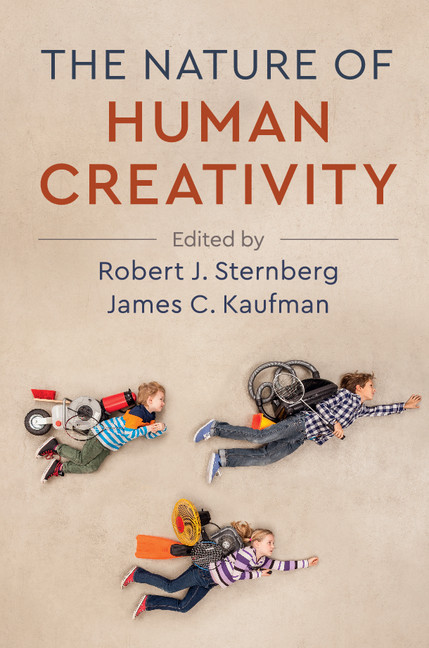
- Browse Category
Subjects
 We Begin at the EndLearn More
We Begin at the EndLearn More - Choice Picks
- Top 100 Free Books
- Blog
- Recently Added
- Submit your eBook
password reset instructions

People with mid-stage dementia are served by special care units in long-term care facilities, although as these residents deteriorate, they are transferred out of the unit and into a general nursing home unit. These nursing homes are not equipped to deal with palliative needs of end-stage dementia care. The book addresses those needs. With this in mind, Part One examines the stages of dementia end-stage in particular. Other chapters in this section provide background on the hospice movement and hospice concepts; the idea of maintaining personhood; and administration of a late-stage care unit. Part Two focuses on treatment approaches for common needs in end-stage dementia - medical and physical care; a supportive environment; the fundamentals of care; psychopharmacology; and therapeutic activities. Part 3 contains chapters on family-centred care; legal and ethical issues; programme evaluation; and future opportunities.
Less- Publication date
- Language
- ISBN
- January 14, 2016
- English
- a72a6c96-4819-423c-83ad-f869c06203aa





